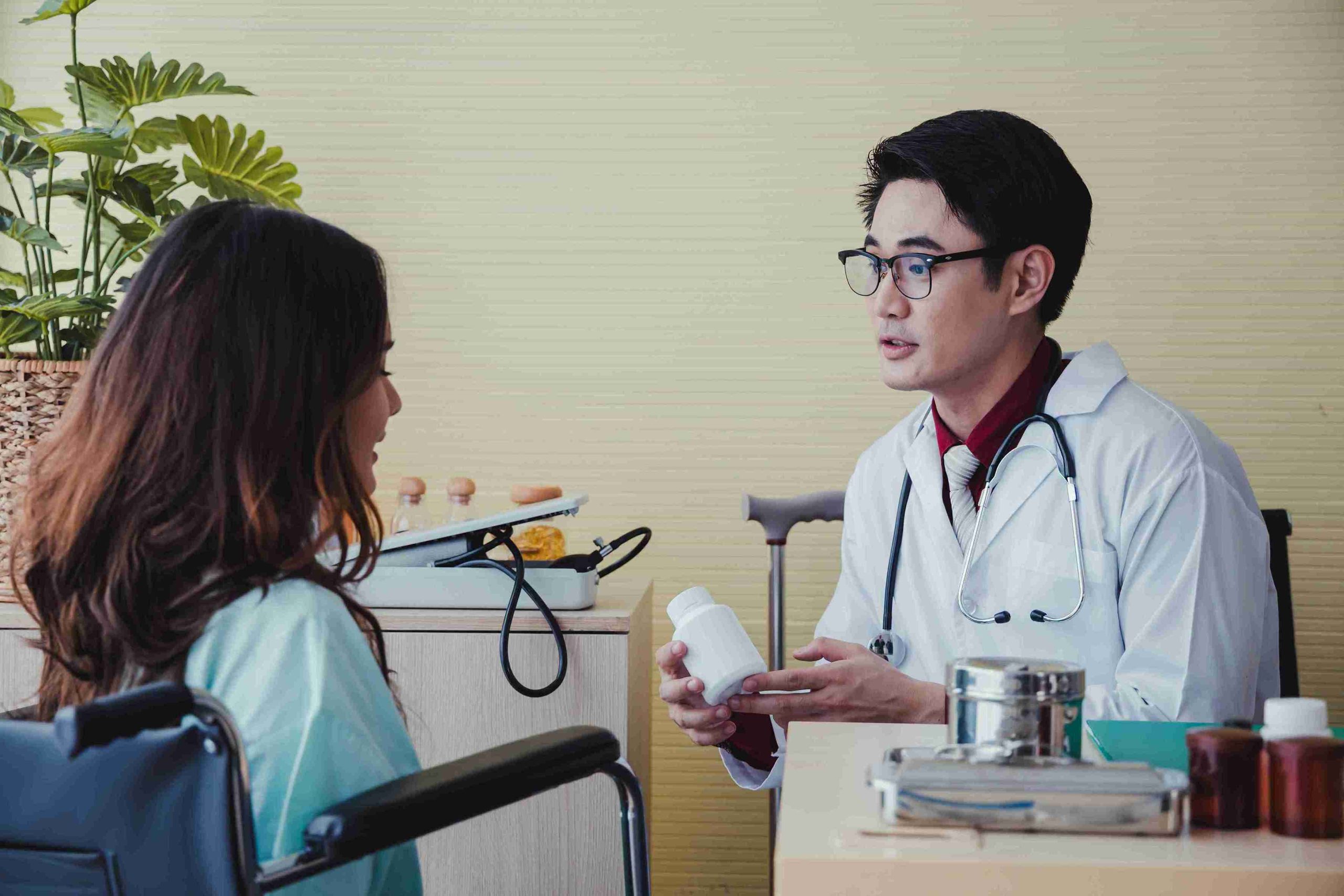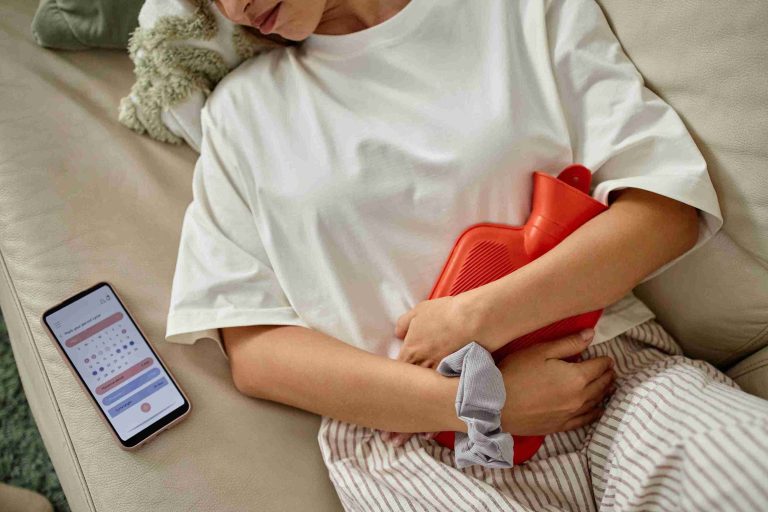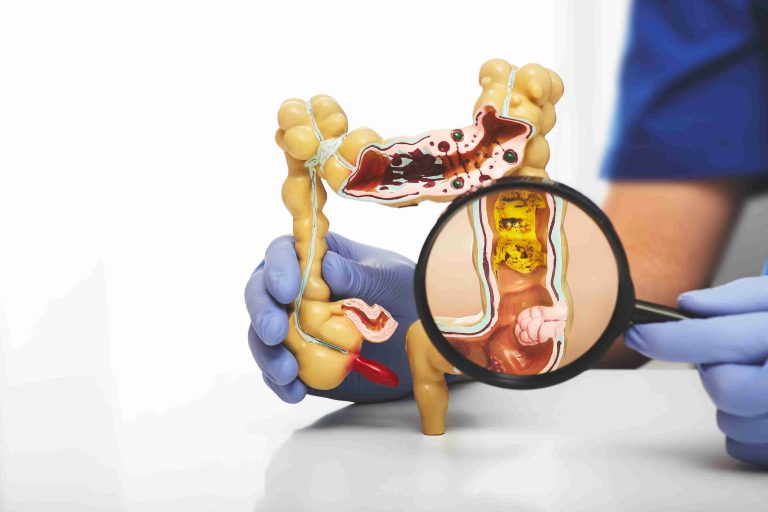A colonoscopy is a powerful diagnostic and preventive procedure used to examine the inside of the colon and rectum. It plays a crucial role in detecting early signs of colorectal cancer, identifying and removing polyps, and investigating symptoms like abdominal pain, rectal bleeding, or unexplained changes in bowel habits. While the idea of a colonoscopy can seem intimidating, knowing what to expect can help ease anxiety and ensure the experience goes smoothly. Here are 10 essential things you should know before undergoing a colonoscopy.
1. It’s the Gold Standard for Colon Cancer Prevention
A colonoscopy enables doctors to detect and remove polyps before they become cancerous. This is why it’s considered the gold standard in colon cancer screening. If you’re over the age of 45, or earlier if you have a family history of colorectal cancer or polyps, your doctor may recommend starting regular screenings. Early detection through a colonoscopy can dramatically reduce your risk of developing or dying from colon cancer. In many cases, it can even stop cancer from forming at all.
2. The Preparation Is the Most Challenging Part
Most people find the preparation more challenging than the procedure itself. Preparing for a colonoscopy involves cleansing your bowels with a special laxative solution, typically taken the day before. You’ll be on a clear liquid diet and will need to stay close to a bathroom, as the laxative causes frequent, watery bowel movements. Though unpleasant, this step is essential for giving the doctor a clear view of your colon and ensuring no abnormalities are missed.
3. Diet Restrictions Are Crucial for Success
The day before your colonoscopy, you’ll need to stick to a clear liquid diet. This includes water, clear broths, apple juice, white grape juice, plain tea or coffee (no milk or cream), and gelatin. Avoid anything with red, blue, or purple coloring, as these can interfere with visibility and mimic blood in the colon. You’ll also need to stop eating solid foods at least 24 hours before your procedure. Strictly following your doctor’s prep instructions is key to avoiding an incomplete exam or needing to reschedule.
4. You Will Need a Ride Home
Because sedation is commonly used during a colonoscopy test, you won’t be able to drive yourself afterward. The sedation can leave you drowsy and impair your coordination, reflexes, and judgment for several hours. Arrange for a friend, family member, or transportation service to accompany you and ensure you get home safely. In most cases, patients can return to normal activities the next day, although some may feel slightly fatigued for a short period.
5. Sedation Makes the Procedure Comfortable
A common fear is that the procedure will be painful. However, most patients receive sedation that makes the exam comfortable or even unnoticeable. There are generally two options: conscious sedation (you’re awake but relaxed and likely won’t remember much) and deeper sedation administered by an anesthesiologist. Discuss your options with your doctor to decide which type is best suited for you, especially if you have medical conditions that might affect anesthesia.
6. It’s Normal to Feel Bloated Afterwards
After your colonoscopy exam, it’s not unusual to feel bloated or gassy. This is due to the air that is introduced into the colon during the exam to help your doctor see the intestinal walls more clearly. Passing gas and light walking can relieve the bloating quickly. Most people feel back to normal by the next day and can resume a regular diet once the sedative has worn off and your doctor gives you the green light.
7. The Procedure Is Quick and Efficient
A colonoscopy screening typically takes between 20 to 30 minutes, though it can take slightly longer if polyps are found and removed. Thanks to sedation, most patients are unaware of the time passing and experience no discomfort. If polyps or abnormal tissue are discovered, they can often be removed immediately during the same procedure and sent for lab analysis. This not only saves time but also helps prevent cancer without the need for surgery.
8. Certain Medications May Need to Be Adjusted
Before the procedure, inform your doctor about all medications and supplements you take, especially blood thinners, diabetes medications, or iron supplements. These can affect the safety and accuracy of your colonoscopy. In some cases, you may need to stop these medications several days in advance. Your doctor will give you precise instructions on how to manage them based on your personal health history.
9. You Might Not Need Another One for 10 Years
One of the benefits of a normal colonoscopy—where no polyps or abnormalities are found—is that you may not need another one for 10 years. This long interval provides peace of mind, knowing your risk is low. However, if polyps are found, or if you have certain risk factors such as a personal or family history of colon cancer, your doctor may recommend more frequent screenings. In either case, colonoscopy remains a crucial tool for ongoing health monitoring.
10. The Benefits Far Outweigh the Temporary Discomfort
Colorectal cancer is the second leading cause of cancer-related deaths worldwide, yet it is highly preventable and treatable when caught early. Undergoing a colonoscopy can be life-saving. While the prep may be uncomfortable and the idea may be intimidating, the peace of mind and potential health benefits are well worth the effort. It’s a short procedure with long-term benefits—and one of the best decisions you can make for your health.
Bonus: Tips to Ease Anxiety Before the Procedure
If you’re feeling nervous before your colonoscopy, you’re not alone. Many people have anxiety leading up to the test, especially if it’s their first time. You can reduce this stress by asking your doctor detailed questions during your consultation, reading through your prep instructions carefully, and planning everything in advance.
Staying hydrated on your prep day, arranging entertainment or light distractions during bowel prep, and setting realistic expectations can all help ease tension. Knowing that you’re doing something proactive for your health can also offer a sense of control and reassurance.
Conclusion
Preparing for your colonoscopy may seem daunting, but understanding each step—from the bowel prep and dietary restrictions to what happens during and after the procedure—can significantly ease your concerns. The test itself is safe, quick, and virtually painless when performed with sedation. And it’s incredibly effective in detecting issues early—sometimes even before they become dangerous.
A colonoscopy is more than just a test. It’s a proactive measure that can prevent disease, provide answers, and potentially save your life. By taking the time to prepare and educate yourself, you’re making a powerful commitment to your long-term well-being. Don’t let fear or misinformation hold you back. Talk to your doctor, get screened, and take charge of your digestive health today.







